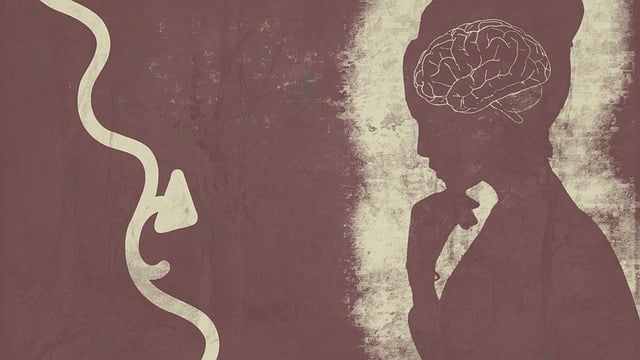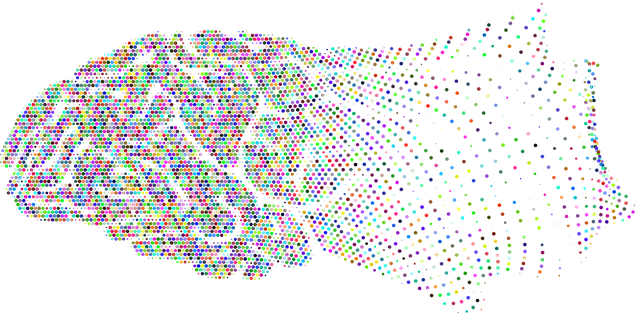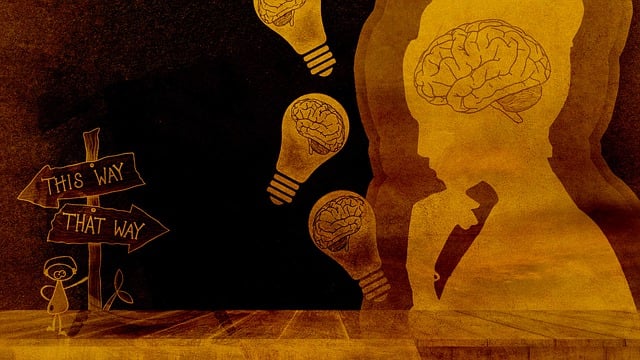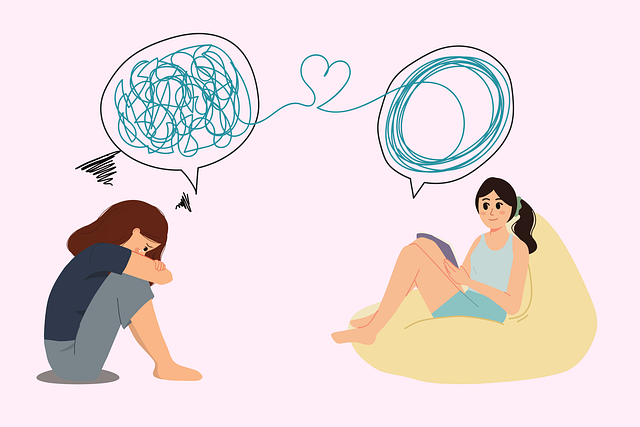Mental wellness is crucial for young children, whose developing minds are susceptible to emotions and stress. Early intervention through therapy equips them with emotion management tools and healthy coping mechanisms. Self-care practices like compassion cultivation and mindfulness help prevent burnout from academic and social pressures. Incorporating regular routines contributes to depression prevention and overall mental health. For pain management, cognitive behavioral therapy (CBT), communication strategies, and age-appropriate activities are effective. Developing a personalized self-care routine integrating emotional regulation, sleep, physical activity, and healthy eating enhances mental wellness and resilience.
“Promoting mental wellness in young children is an essential aspect of their overall development, and establishing self-care routines can be a powerful tool. This article explores the significance of understanding and addressing mental health early on, particularly focusing on pain management strategies.
We will guide parents and caregivers through effective self-care practices tailored for kids, offering practical tips to create a balanced daily routine. By implementing these strategies, you can empower young individuals to navigate their emotions, manage pain, and cultivate long-lasting well-being, even incorporating therapy techniques for optimal results in pain management.”
- Understanding Young Children's Mental Wellness and Why Self-Care Matters
- Identifying Effective Self-Care Strategies for Pain Management in Kids
- Creating a Comprehensive Routine: Tips for Implementing Daily Practices
Understanding Young Children's Mental Wellness and Why Self-Care Matters

Mental wellness is just as important for young children as it is for adults, often with even greater implications for their developing minds and bodies. Understanding a child’s mental wellness involves recognizing that they too experience emotions, stress, and challenges that can impact their overall well-being. Youngsters may not always have the vocabulary to express these feelings, but signs of distress can manifest in various ways, from behavioral changes to physical symptoms. Early intervention is crucial; therapy for young children can provide them with essential tools to navigate their emotions and develop healthy coping mechanisms.
Self-care plays a pivotal role in supporting both mental wellness and preventing burnout, especially as children grow and face increasing academic, social, and familial pressures. Practices like compassion cultivation can be immensely beneficial, teaching kids empathy, self-acceptance, and resilience. By incorporating regular self-care routines, such as mindfulness exercises or creative outlets, into their lives, children learn to manage stress, regulate emotions, and foster a positive sense of self—all of which contribute to depression prevention and overall mental health maintenance.
Identifying Effective Self-Care Strategies for Pain Management in Kids

Identifying effective self-care strategies for pain management in young children is a multifaceted approach that combines therapy and practical techniques. Therapies such as cognitive behavioural therapy (CBT) have proven beneficial in teaching kids to manage their pain by changing negative thought patterns and providing them with coping mechanisms. By integrating these therapies into a holistic self-care routine, children can learn to recognize and express their feelings, thereby improving their emotional well-being.
Communication strategies play a pivotal role in this process. Encouraging open dialogue between parents, caregivers, and the child allows for better understanding of pain triggers and effective stress reduction methods. Moreover, promoting emotional well-being through age-appropriate activities like mindfulness exercises or creative outlets can significantly enhance a child’s ability to manage pain. These techniques not only offer immediate relief but also equip children with lifelong tools to navigate challenges, fostering resilience and overall mental wellness.
Creating a Comprehensive Routine: Tips for Implementing Daily Practices

Developing a comprehensive self-care routine is a powerful tool for maintaining mental wellness, especially in today’s fast-paced world. It involves integrating various practices that cater to different aspects of your well-being. One effective strategy is to incorporate daily habits that support emotional regulation, such as mindfulness exercises or keeping a gratitude journal. These practices can help individuals process their emotions and foster a sense of calm throughout the day.
Additionally, ensuring consistent sleep patterns, engaging in regular physical activity, and practicing healthy eating habits are fundamental components of any self-care routine. For young children, introducing simple therapy techniques like storytelling or art therapy can be beneficial for pain management and emotional expression. The key is to personalize your routine, making it sustainable and enjoyable. By integrating these practices into daily life, you contribute not only to improved mental health awareness but also to long-term resilience and overall well-being.
Developing a mental wellness self-care routine for young children is a powerful tool for managing pain and promoting overall well-being. By understanding the unique mental health needs of kids and implementing effective strategies, parents and caregivers can create a supportive environment that fosters resilience and healthy coping mechanisms. Integrating daily practices tailored to each child’s preferences ensures a personalized approach to therapy, enhancing their ability to navigate challenges and lead fulfilling lives. With consistent care, children can learn to manage pain effectively, improving their quality of life and setting them up for long-term mental wellness.












